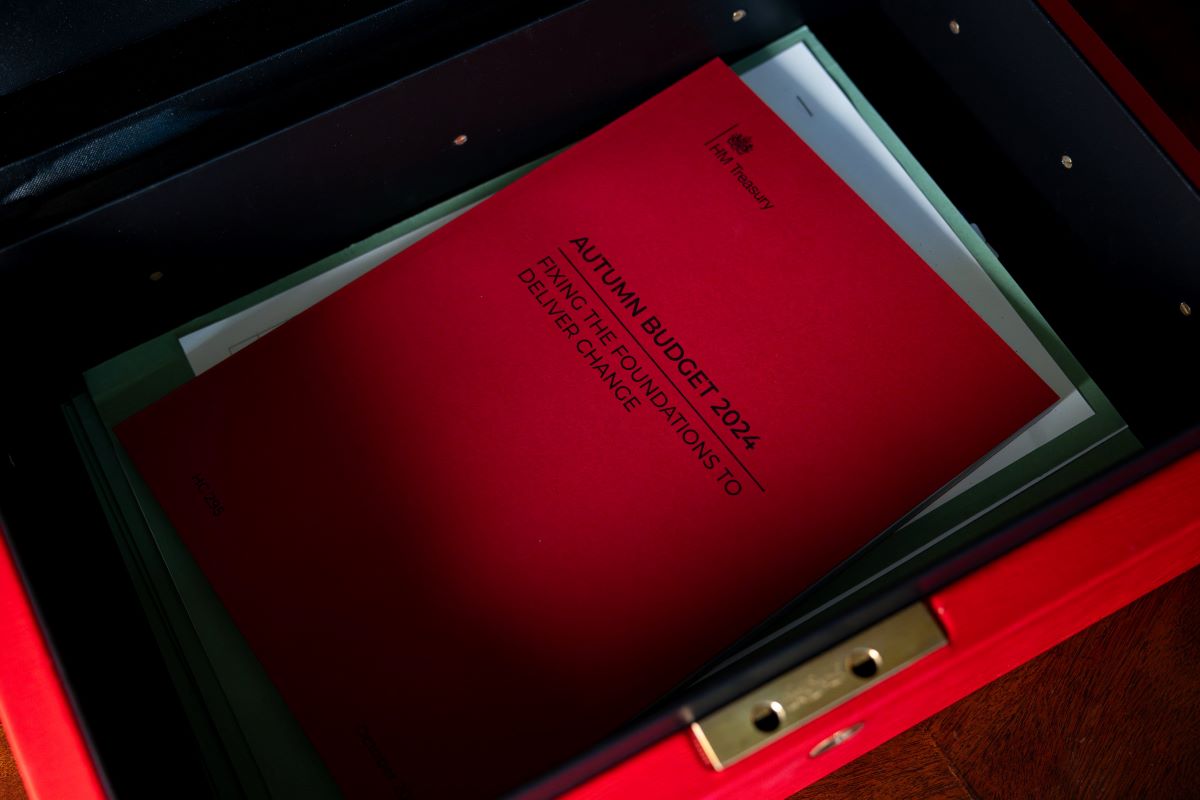By Mike Barrett and Katey Pigden
The big, tax-raising Budget has come with a deluge of supporting documents, consultations and proposals.
As we pore over the detail, here are some of our initial thoughts about how the chancellor’s speech is likely to land with advisers and planners, and how it might shape and potentially change advice to clients.
If you’re an adviser and business owner
Business owners are among those bearing the brunt of this Budget in the form of the increases to employer National Insurance.
From 6 April 2025, the rate of employer NI will go from 13.8% to 15%, with the threshold at which employers pay NI reducing from £9,100 a year to £5,000 a year.
With most advice firms being smaller businesses, this is a tax hike business owners will feel – albeit the increase to the Employer Allowance from £5,000 to £10,500 will help cushion the blow.
There are definite planning implications too – both for adviser owners and their business owner clients. For example, if a business owner is accruing for their own pension contributions through the year to pay it in once the year looks clear, that might be one of the first things to go after next year.
Speaking to the boss on this, he says changes like this can’t always be talked over with your friendly accountant without it turning into a big fee exercise. Nor will a lot of small and medium sized firms have access to a business adviser either.
So if you’re the planner in this scenario, be prepared to be an extremely valuable sounding board if nothing else – another way of showing why you’re good to have around.
If you’re thinking of selling your business, if you can it’s worth getting the deal away before April 2025, when business asset disposal relief rises from 10% to 14%. And definitely before April 2026, when it rises again to 18%.
And of course, for those exiting there’s capital gains tax to think of too – rising from 20% to 24% at the higher rate with immediate effect.
If you’re an advice professional
The big story here is inherited (unspent) pensions being brought into the inheritance tax regime from April 2027.
The card-carrying pension geeks (a badge many wear proudly) are rightly asking questions about how this will work in practice, and wanting extra detail.
No doubt providers’ technical teams are busy working out the practicalities as things stand and the planning opportunities to be had. In the meantime, the consultation you need is here – this closes on 22 January 2025 if you have views and feedback you want to air.
For fans of the ‘three bucket’ approach to retirement (e.g. a bucket for the initial phase of retirement, one for 5-10 years in and one for further out including passing on wealth), this may well need a rethink.
Other knock-on impacts we see are more reasons for clients to consolidate their pensions – so that beneficiaries don’t have to deal with more providers than they have to – and an increase in spending down pension pots as they become a less attractive vehicle for passing wealth down the generations. Regular gifting from pension assets could also become a thing.
(As an aside, this is likely to be less than positive news for platforms, as we may see an increase in already ‘toppy’ outflows. Plus the whole thing of AUM-based charging models not faring so well when there are less assets on platform, something the FCA had already expressed concerns about as part of its ongoing servicing work.)
We may also see an increase in use of annuities (remember them) and an increased use of term assurance on first death.
My learned colleague Mr Tom McPhail has pointed out it looks like income tax treatment still applies on death after age 75.
So apart from interspousal transfers, undrawn pension funds will be subject both to IHT and income tax when the benefits are taken, taxed at the beneficiary’s marginal rate. This double taxation looks pretty painful from where we’re sitting.
The good news with all this is 1) We have until April 2027 to get excited about it/ work out what any transition period might look like; and 2) At least it’s not changes to tax-free cash.
Away from pensions, the increases to CGT emphasise the need to be across the implications for clients, which is bread and butter work for all good advisers and planners anyway.
Our research backs this up: advice professionals tell us CGT tools and functionality are among the important ‘must haves’ when it comes to platform selection. And even before the Budget, advice professionals were saying CGT represents a bigger concern for them and their clients compared with two years ago.
Other Budget headlines and measures
Inheritance tax
- Pension scheme administrators will become liable for reporting and paying any IHT due on pensions to HMRC.
- The £325,000 threshold will remain in place for another two years until 2030.
- Changes to agricultural property relief will have a big impact on those advising the farming community. No IHT will be due on combined business and agricultural assets worth less than £1m, but above that there will be a 50% relief, at an effective rate of 20%, from April 2026.
Investment from pension funds
- The government is continuing its drive to get pension funds investing in ‘UK growth assets’.
- It has set up a National Wealth Fund to support over £70bn of private investment, set out plans for an Industrial Strategy and launched a pensions review to support greater investment in the UK.
ISAs
- Limits to remain the same until April 2030.
- British ISA scrapped due to mixed responses.
State pension
- Triple lock to be maintained for the duration of the parliament.
- The basic and new state pension will increase by 4.1% from April 2025, in line with earnings growth.
Stamp duty
- Stamp duty land surcharge for second homes, buy-to-let residential properties and companies buying residential property to increase from 3% to 5% from 31 October 2024.
—
Stay ahead and keep up to date with regulatory changes and public affairs (including the key Budget documents) through our Tracker service. For advice professionals, the way you access Tracker is through Analyser – find out more or log in
Source for featured image: HM Treasury





